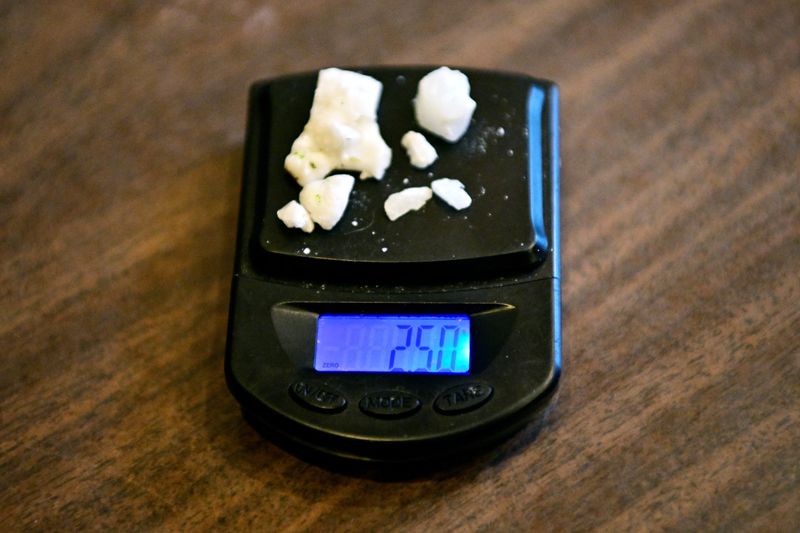(Reuters) -The western Canadian province of British Columbia on Thursday proposed a sweeping ban on the public use of illegal drugs, citing the need to help addicts and also keep them away from building entrances and playgrounds.
In January, the province began a three-year pilot program to stop prosecuting people for carrying small amounts of heroin, meth, ecstasy, or crack cocaine, as part of an effort to fight an overdose crisis.
Proposed legislation would ban drug use in public and recreational spaces including building entrances, bus stops, playgrounds, parks, beaches and sports fields.
“British Columbians overwhelmingly agree addiction is a health matter. At the same time, they’re also concerned about open drug use in public spaces, especially near where kids play,” premier David Eby said in a statement.
The legislation would allow police officers to ask a person using illegal drugs in public places to stop and go to an overdose prevention or supervised consumption site.
British Columbia accounts for about a third of the 32,000 deaths due to overdose and trafficking nationally since 2016, according to official data. The province declared drug overdose a public health emergency that year.
(Reporting by David Ljunggren; Editing by Sandra Maler)
